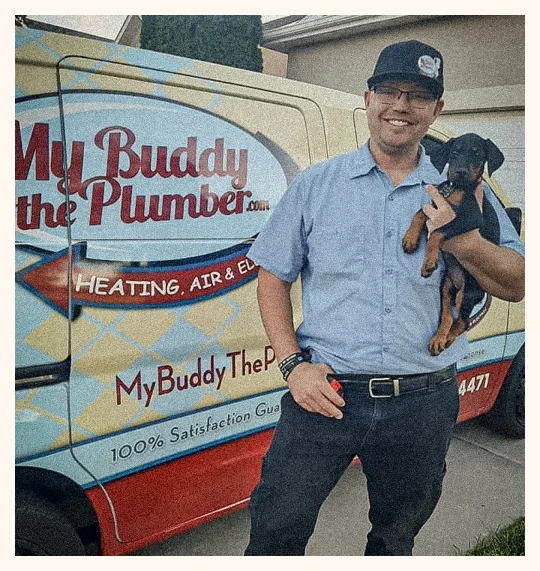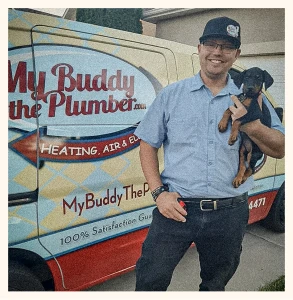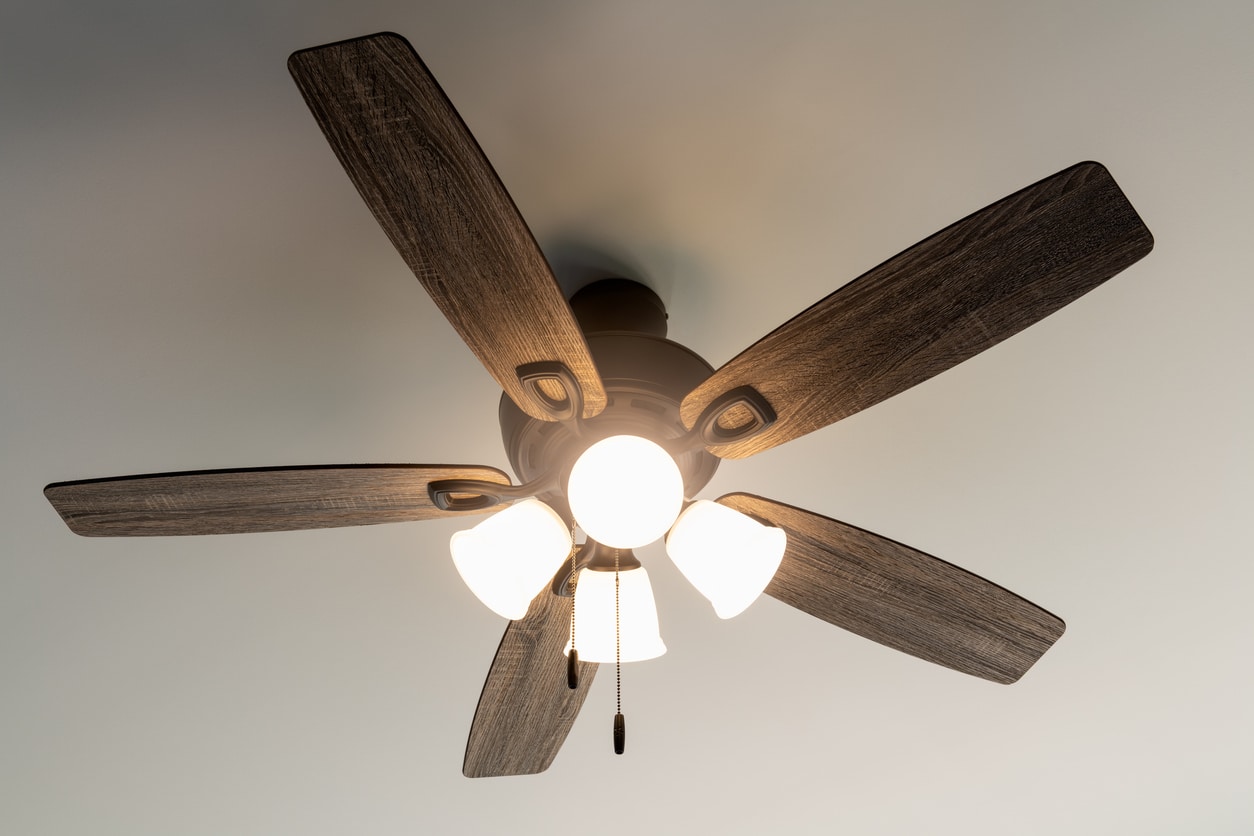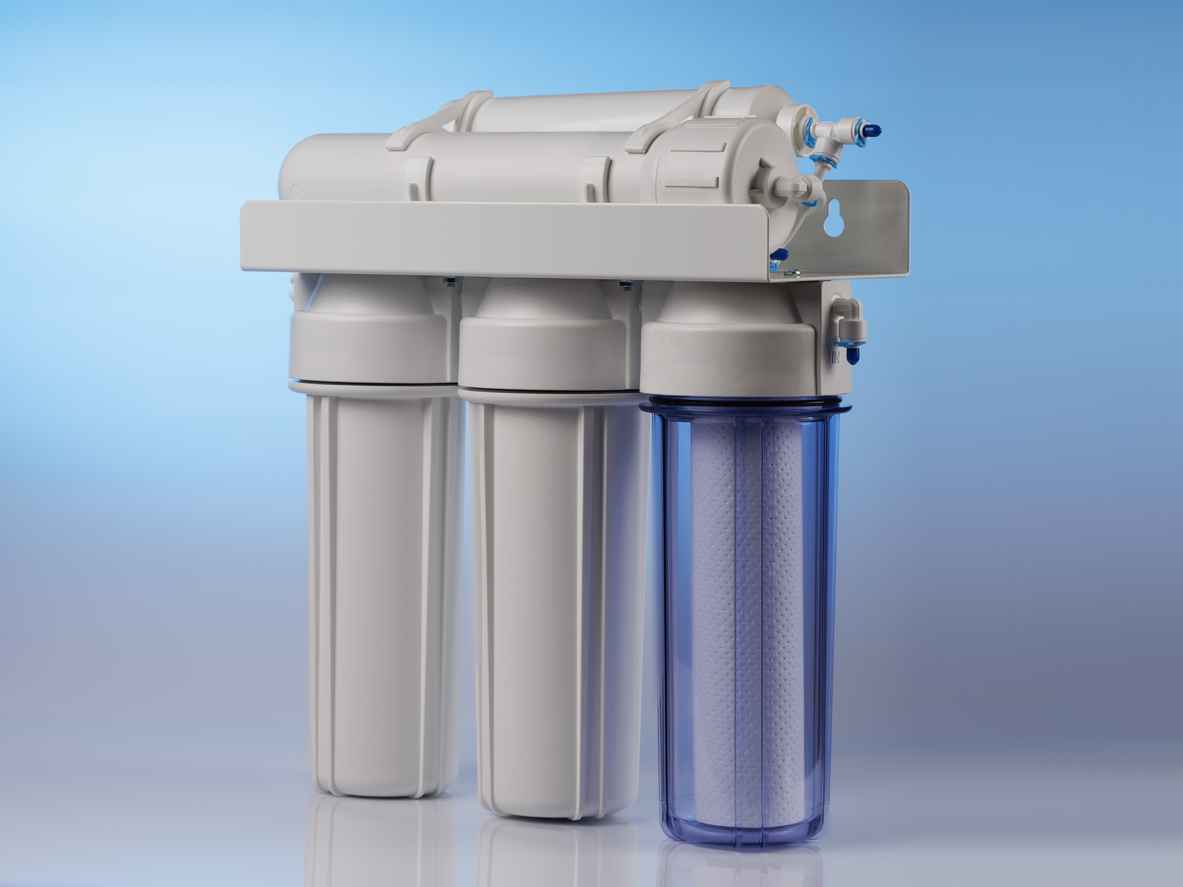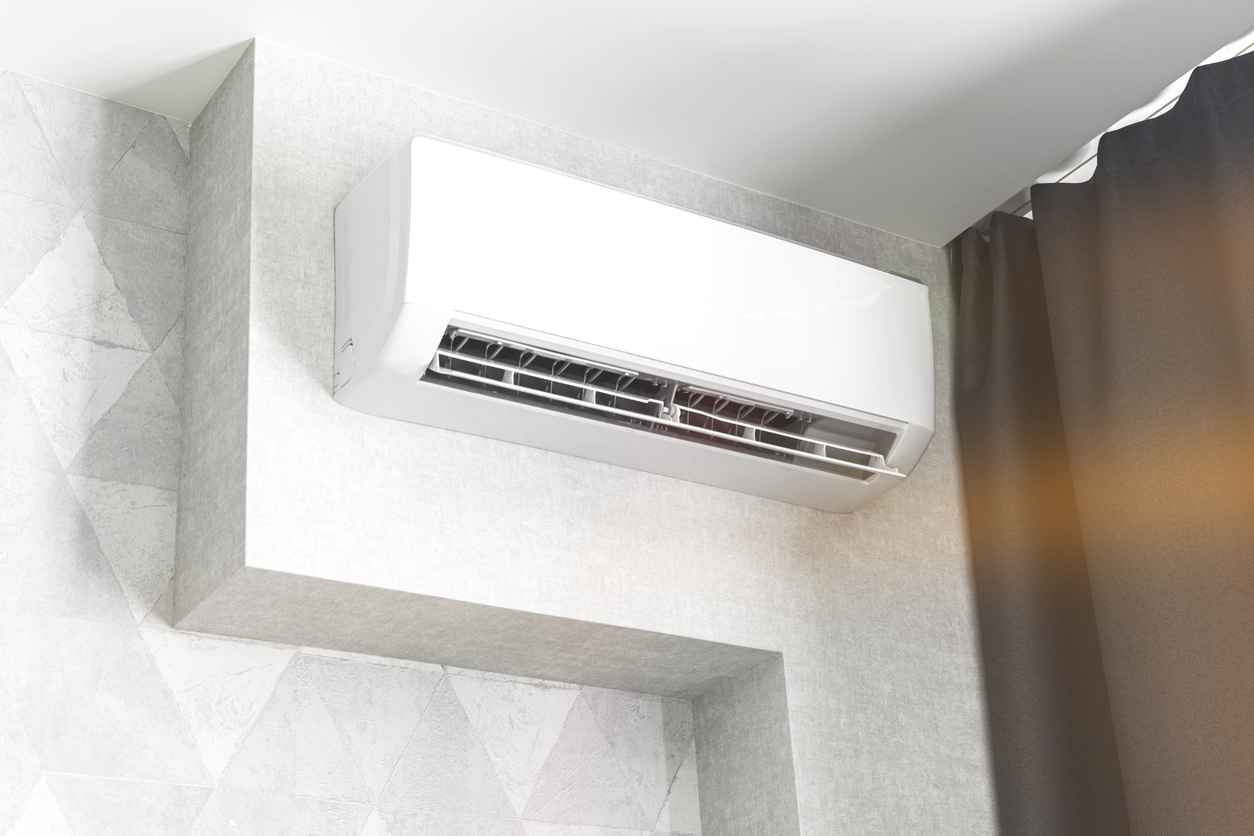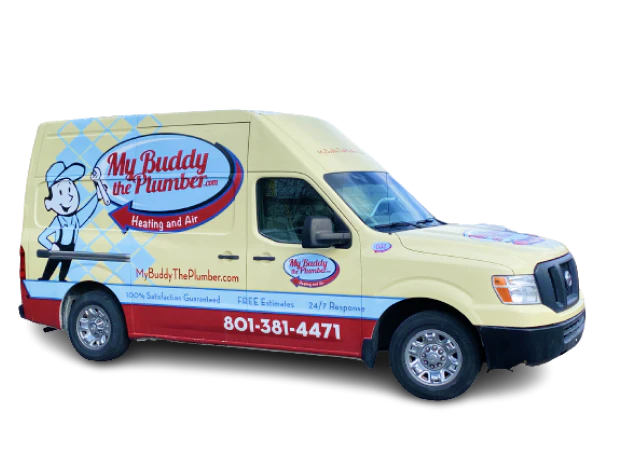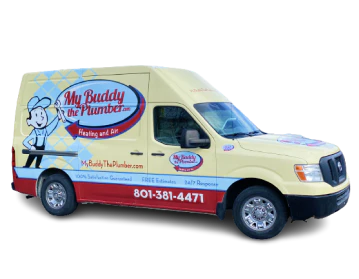Average Lifespan of Important Home Plumbing Components
There are several major factors homeowners pay attention to when it comes to their plumbing, and one of the single most important is lifespan. You want your main plumbing components to last for as long as possible, and while themes like maintenance and upkeep absolutely play a major role here, it’s also important to simply be aware that varying plumbing fixtures have different average lifespans – and knowing these rough expectations will help you manage and coordinate your future plumbing needs.
At My Buddy the Plumber, we’re here to help. We offer numerous plumbing services that speak directly to your major plumbing components, from water heater replacement to water softener installation, repairs of numerous fixtures and more. We’re also here to assist our clients with all the proper information they need to know about these fixtures, including average lifespans and the factors that may alter these expectations depending on your usage and upkeep. Here are several of the most important plumbing fixtures in your home, plus the general lifespan you can expect out of them.
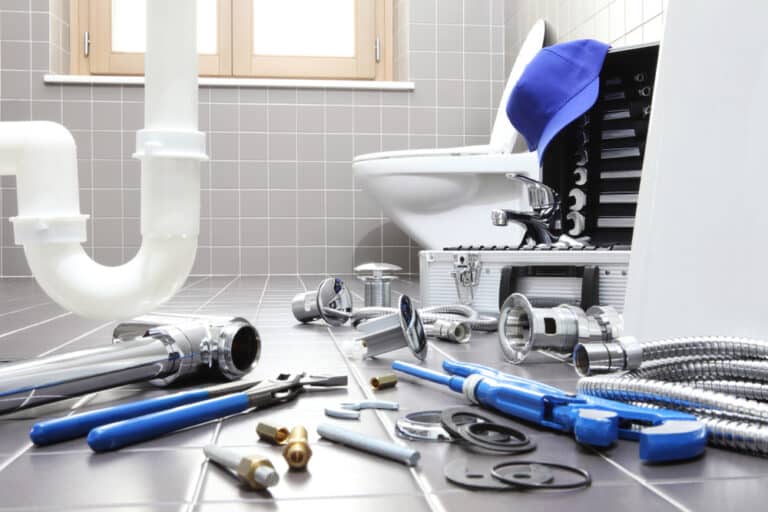
Pipes
Within the pipe realm, the most important initial factor is determining which pipe material is in your home. This can usually be found in a home inspection report, or in new home documents or warranties. If these are not available, you may need the brief assistance of one of our plumbers, who will not only identify the pipe material, but also its current state and quality.
Here are some of the main pipe materials used today, plus their average lifespans with proper care:
- Brass, iron or steel: Lifespans ranging from 50-70 years
- Copper: 70-80 years
- PVC piping: Under 50 years
- Polybutylene: A type of plumbing that was used during the 70s to 90s, this is a pliable plastic – however, it was quickly realized that it was prone to breakage, and will generally be removed from modern homes when it’s found
Toilets
The toilet is one of the single most-used plumbing components in any home, and being aware of its lifespan is often very important for homeowners. Toilets contain over a dozen different moving parts, and while some of these may have to be replaced during the lifespan of the toilet itself, there are other damage concerns that may require a new toilet, such as a cracked bowl.
On average, modern toilets are built to last about 50 years as long as they receive average usage and standard maintenance. If your toilet was made before 1994, you might prefer to replace it before the 50-year mark, though, because such toilets use more water than newer ones, and may raise your bill to untenable heights – an issue that’s offset by a new toilet, even when factoring in the up-front cost.
Water Heaters
Water heaters are another vital element in your home’s plumbing system, operating every single day – and continuously, in the case of most tank-involved heater systems (tankless systems operate on-demand). One thing we should note up front in this section: While we’ll go over specific lifespan expectations for the different types of water heaters out there, these are impacted heavily by the number of people living in the home. If it’s just you, or just you and one other person, you can expect the water heater to last for at least a year or two longer than if there are four-plus people living in the home, or perhaps an even larger gap for bigger households.
That said, here are the average lifespans for different hot water heater types:
- Traditional (tank) water heater: 12 years
- Tankless water heater (on-demand): 20 years
- Heat pump water heater: 10 years
Another factor in this lifespan will be proper care; if you have your water heater serviced periodically by our plumbers and take the right sorts of proactive upkeep approaches at home, you can add a few years to its lifespan easily.
Faucets
When it comes to faucets, the primary factor impacting lifespan is actually repair and upkeep. Faucets will inevitably deal with certain kinds of wear-and-tear, including component aging and also the buildup of minerals from hard water deposits that are found in many pipe systems.
Luckily, you have repair options available here. Replacing a cartridge within the cartridge faucet type will limit any built-up issues. If you take these basic steps and perform regular faucet maintenance, your faucet will last around 12 years on average between replacement needs.
Pump Types
Finally, there are a couple pump types you may be dealing with in your home:
- Sump pump: The sump pump is a vital part of most plumbing setups. It’s a component that sits in the sump basin, generally found in the basement of your home, and removes water that collects in this basin – which usually functions as a lowest-point source in your home that allows any leaking or excess water to be removed. The average sump pump lifespan is about 10 years, and you should have yours inspected if you know it’s approaching that point.
- Well pump: For homes that operate utilizing water from a well source, the well pump immediately becomes vital. This pump is in charge of providing water to the entire home and all its components, and you need to take care of it to ensure it’s reaching the proper water levels, is not picking up sediment, and more. On average, well pumps last anywhere from eight to 15 years – this is a wide range, as you may have noticed, and will also depend on your local water levels and how many people live in your home.
For more on how long various plumbing components in your home can be expected to last, or to learn about any of our plumbing or HVAC services, speak to the staff at My Buddy the Plumber today.
Recent Posts
Recent Posts


Join the My Buddy Club
Easy Maintenance & Exclusive Benefits
The My Buddy the Plumber’s Club is our comprehensive maintenance membership program that will protect your home comfort systems! From an in-depth home plumbing inspection to thorough furnace and air conditioning tune-ups, the club does it all. Our team will ensure your HVAC, plumbing, and electrical systems are running safely and in top shape. Joining our club can also provide plenty of exclusive perks, such as:
- Priority service
- 10% discount on repairs
- No after-hours fees
- Peace of mind
- Matched manufacturer’s warranty
- Tank water heater flush
- Drain cleaning
- Electrical safety inspection


